Grief, Loss and the COVID-19 Pandemic
June 17th, 2020, my world as I knew it drastically changed. I was confronted with the new reality of living in a world without the physical presence of one of the most important persons in my life…my mother.
It was as if out of nowhere, someone pulled a rug out from under me threatening to destabilize me.
What also made this particular loss significant was that it occurred during the early stages of the COVID-19 pandemic and all of its accompanying restrictions.
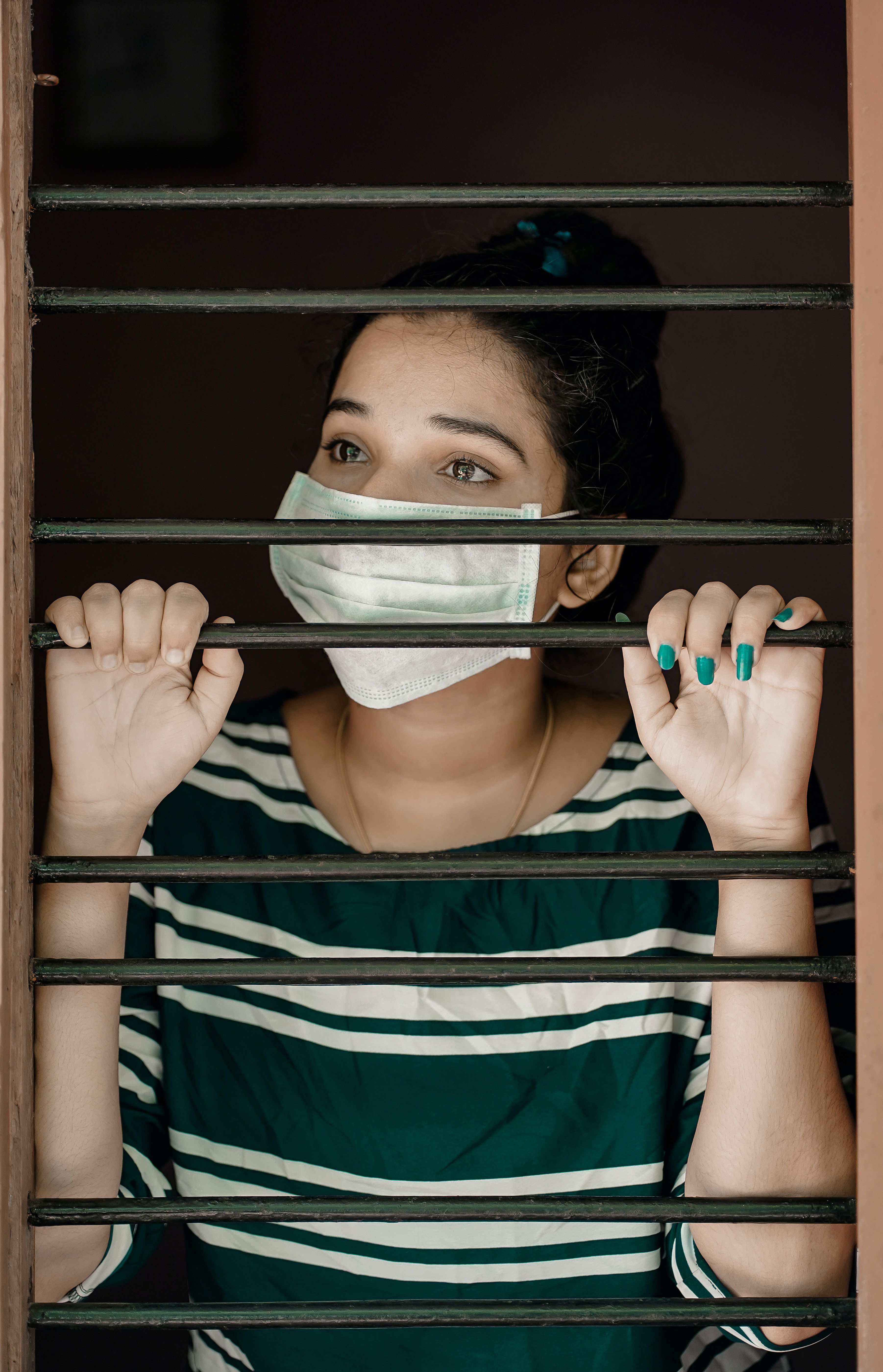
My mom had a beautiful Homegoing Service, which touched the lives of many persons. However, the COVID-19 pandemic restrictions complicated the grieving process in many ways.

While my mom’s passing was not due to the COVID-19, there are many persons in Trinidad and Tobago and around the world who have lost loved ones because of this disease. This presents another layer of complication to the grieving process.
In this article, I will be sharing with you 7 strategies for coping with grief and loss especially during the pandemic.
So let's start with this....grief is a normal response to any loss that occurs either during or after a disaster or other traumatic event. Grief can also happen in response to loss of life.
Grieving the loss of a loved one while coping with the fear and anxiety related to the COVID-19 pandemic can be especially overwhelming.
Physical distancing, “stay-at home-orders,” and limits on the number of persons who can gather and grieve, regardless of whether or not the person’s death was due to COVID-19.
For those persons whose death was due to COVID-19, you might also not be able to be with your loved one when they die, or be able to mourn their death in-person with friends and family.
Additionally, due to the physical distancing, a hug which commonly translated as emotional support is now not advisable for our safety and physical well-being.

Another layer of the grieving process during the pandemic is the stigma attached to persons who died of COVID-19. These persons may experience social avoidance or rejection.
Grief can also happen in response to drastic and significant changes to daily routines and ways of life that usually bring us comfort and a feeling of stability.
Persons have experienced loss of jobs, income, loss or reduction in support services, and other changes in their lifestyle.
These losses can further complicate or prolong the grieving process, as well as, delay a person’s ability to adapt, heal, and recover.
Some common grief responses include: Shock, disbelief, or denial, anxiety, distress, anger, periods of sadness, loss of sleep and loss of appetite.
Here are some strategies that you can use to help you cope with feelings of grief after the loss of a loved one especially during the pandemic:
1: Accept
Accept that you may not necessarily stop grieving the person. Avoid just trying to “get over” your grief. Grief is unpredictable and there is not necessarily a timeline for processing it.
Grief shows us how much we care about a person. So avoid repressing your feelings of grief. The more you repress and the more you ignore these feelings, the more these feelings will come back.
Take the time to feel and deal with the loss. Accept that your life will not be the same without your loved one but that you can still live a meaningful life. It will be a “new normal”.

2. Connect
Connect with supportive friends and family via conference calls, FaceTime, WhatsApp calls, Zoom calls and so on and stay connected.
You can also create WhatsApp family or close friends' chats to stay in touch with each other and support each other during difficult moments.
Share stories, pictures, videos with each other via emails, phones, video chats, or via apps that allow sharing.
You can also consider having an informal/formal or intimate virtual memorial to honour and have a shared experience of fondly remembering your loved one in a supportive environment with family and friends.

3: Create
You can consider developing a virtual space to preserve the memory of your loved one, such as a Blog, webpage and so on and ask family and friends to contribute to their memories and stories.
You can also participate in an activity, such as planting a tree or preparing a favorite meal, or establishing a Foundation that has significance to you and the loved one who died.
Do something in their honour
This could be something that your loved one always loved to do or something they always wanted to do or something they always wanted you to do. This could be helpful in gaining closure especially if the loss was unexpected.
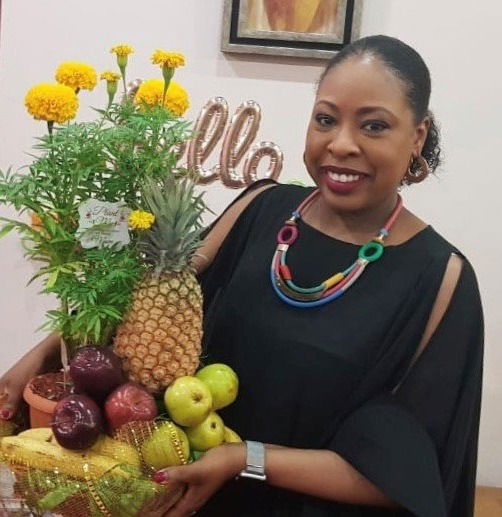
4: Communicate
Asking for help is not a sign of weakness. It is actually a sign of strength and awareness that you need support. Share that you’re struggling with your support systems.
It can also be beneficial for you to access grief counselling from a trusted professional, support groups, or hotlines, especially those that can be offered over the phone or online.
You can also access spiritual support from faith-based organizations, including your religious leaders and congregations, and support from trusted friends.
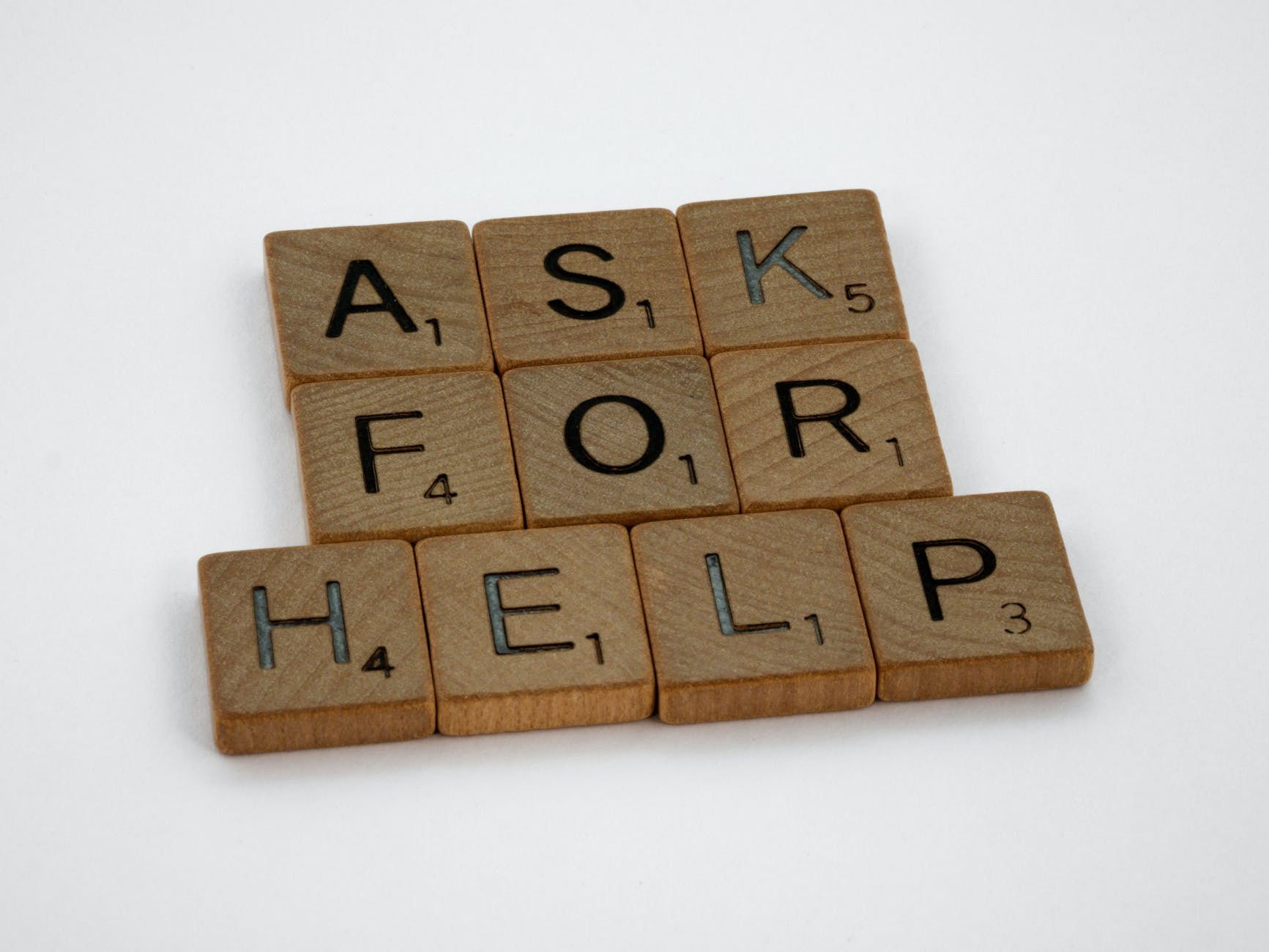
Here are some additional strategies that you can use to help you cope with feelings of grief associated with other losses, such as job losses and drastic changes in your daily routines and ways of life:
5: Acknowledge
Acknowledge your losses and feelings of grief. Then, find healthy ways to express your grief and find comfort, such as through art, gardening, writing, talking to friends or family, cooking, music, or other creative practices.
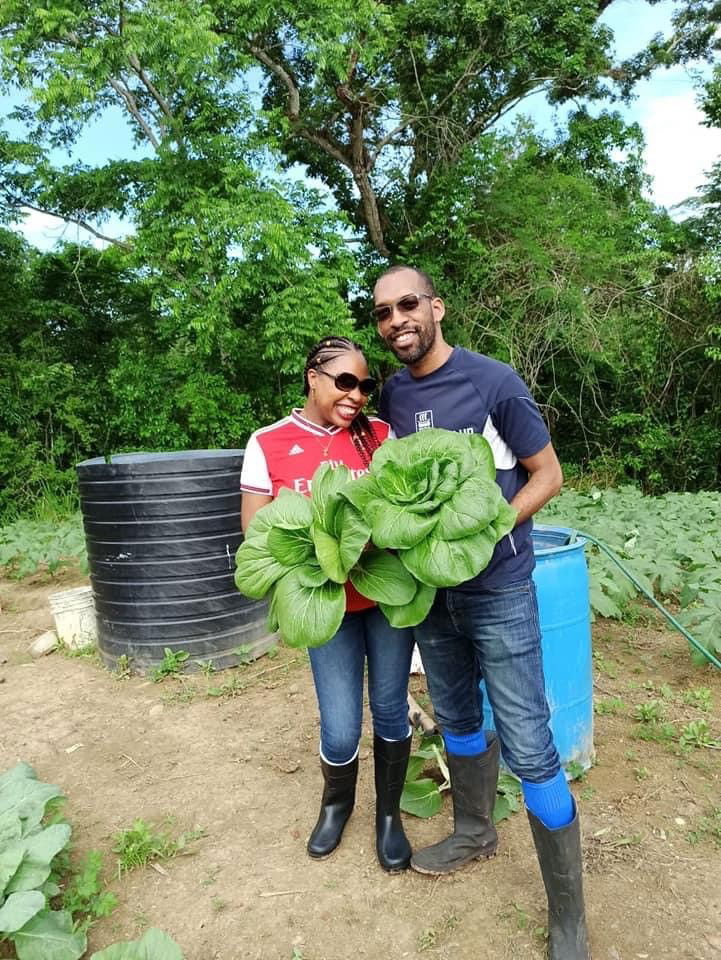
5: Adopt
Consider adopting new routines and engaging in new activities, such as playing board games with your family or friends who are in the same household, exercise indoors together, prepare meals together, try new recipes, try learning a new language or skill.
For persons who reside alone or are separated from their loved ones, you may consider interacting regularly through phone calls and apps that allow for playing games together virtually.
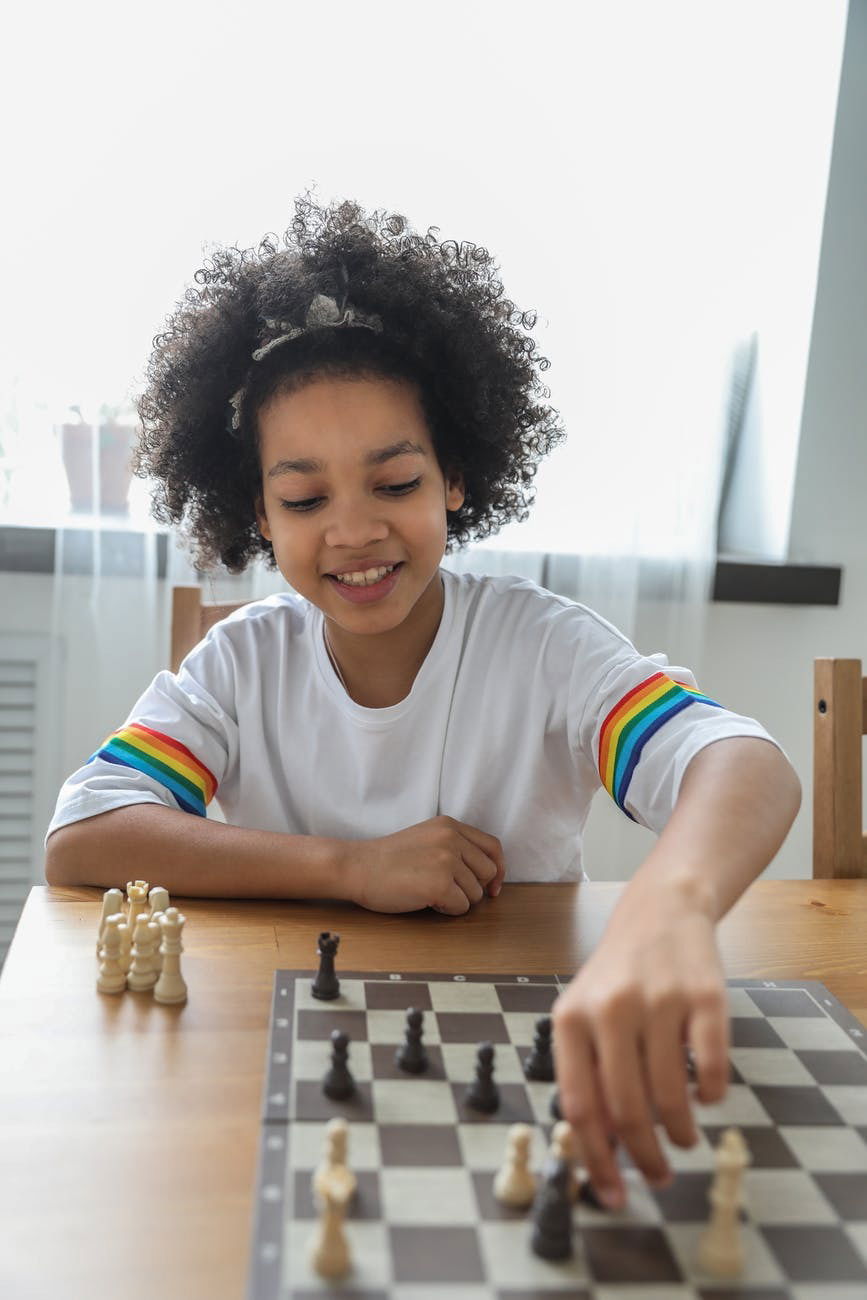
7: Abide
Stay present.
If you are worried about future losses, try to stay in the present and focus on aspects of your life that you have control over right now.
Also, focus on the meaningful and good things in your life even in the midst of uncertainties.
It’s important for us all to remember that grief is an ongoing process and everyone’s grief experience is unique as a thumbprint. We may have familiar themes but our experiences are still unique.
What’s important is being able to process your emotions, to continue functioning, be able to do your activities of daily living with your new reality.
You can expect to sometimes experience punctuated moments of sadness when you miss the person and that is normal and okay.
You are not alone on this journey. You can grow by focusing on the aspects of life’s challenges that you can manage with the support of loved ones and trusted professionals.
Don’t allow fear to get in the way of seeking help.
We all need support in one way or the other.
This article was written as a tribute to my mother, Nona Bynoe who passed away on June 17th, 2020 and to all those who lost their lives especially during the COVID-19 pandemic.
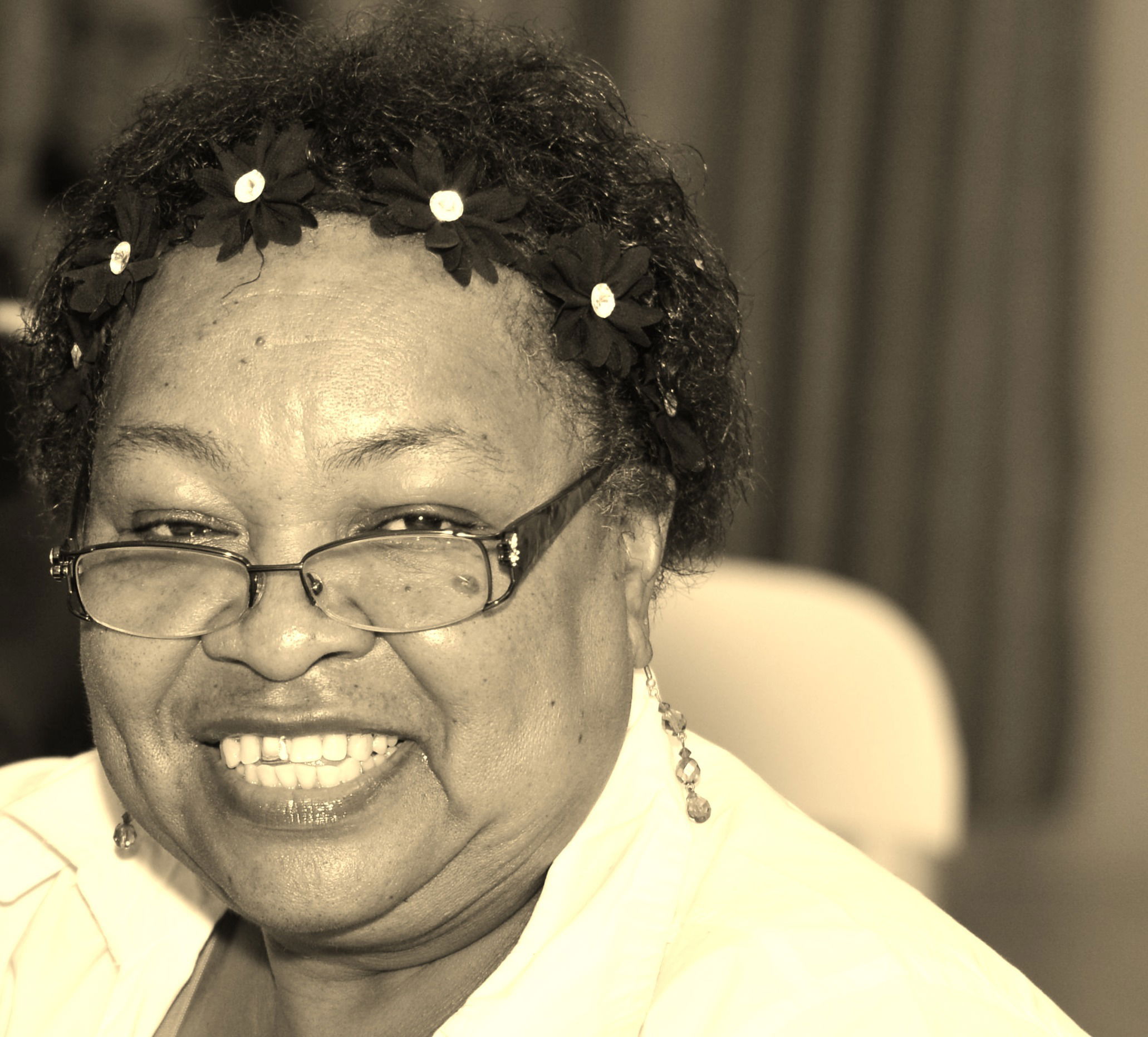
For those of us left behind, may the good legacy of our loved ones grow deeper, wider and stronger in us and not be inhibited by their deaths .
If you found the strategies listed in the article helpful, share it with your friends, family and colleagues!
Also, if you have additional strategies that have worked for you and can be useful for anyone reading this article, please feel free to share it in the comments below.
Let’s build a community of support for persons who have and are experiencing grief and loss especially now that we are required to adopt some non-traditional ways of connecting with each other.
The Promise is in the Process...Don't suffer in silence
Call or email for your free initial 30-minute consultation or to book a counselling session



